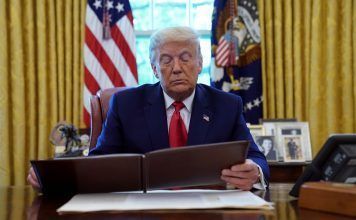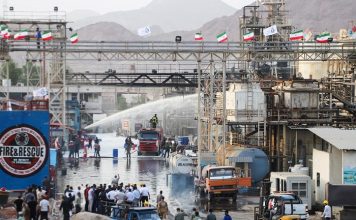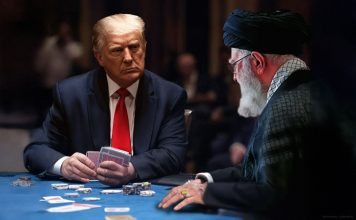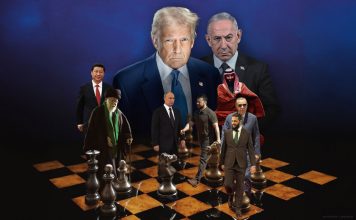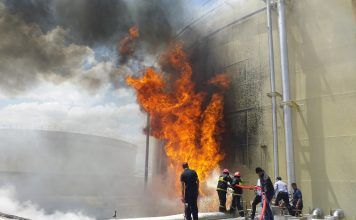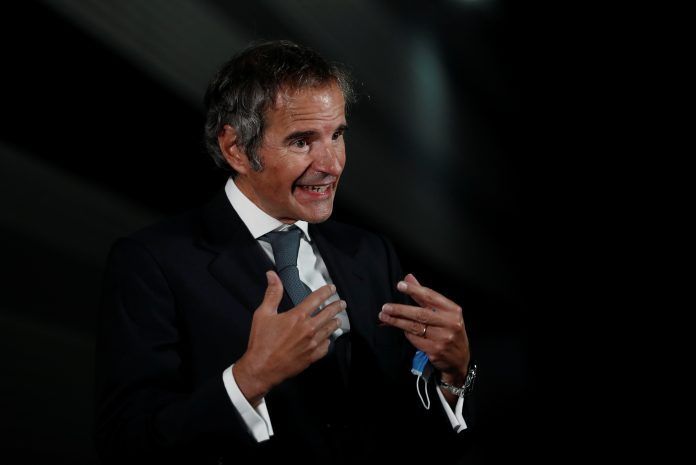
By Francois Murphy
VIENNA, Feb 23 (Reuters) – The U.N. nuclear watchdog’s chief described his weekend deal with Iran on continued monitoring of its nuclear activities for up to three months as one where data is gathered but his agency is only able to access it afterwards.
The International Atomic Energy Agency and Iran announced on Sunday that although Tehran would go ahead with its plan to reduce cooperation with the IAEA this week, including ending snap inspections, they had struck a deal on continuing “necessary” IAEA monitoring and verification activities in Iran.
Details of the deal are confidential but IAEA Director General Rafael Grossi described a black box-type system in which data is collected without the IAEA being able to access it immediately.
“This is a system that allows us to continue to monitor and to register all the key activities that are taking place throughout this period so that at the end of it we can recover all this information,” Grossi told an event hosted by the U.S. Nuclear Threat Initiative think-tank.
“In other words, we will know exactly what happened, exactly how many components were fabricated, exactly how much material was processed or treated or enriched and so on and so forth.”
A senior diplomat later added that this system did not apply to the core monitoring of Iran‘s most important declared facilities, like its enrichment sites, which predates Iran‘s 2015 nuclear deal with major powers.
It would, however, apply to measures added under the deal, such as devices that measure enriched uranium in real time.
“On the declared facilities, the reduction (in access) is practically negligible,” the senior diplomat said.
Grossi has said he hopes a deal can be struck at a higher level while his technical accord is in place – an apparent reference to efforts to salvage the 2015 nuclear pact by ending Iranian breaches and bringing the United States back into it.
“Some say at the end of it, if Iran wants (to) and there is no agreement, they will destroy this information. Yes, but if at the end of it there is no agreement everything is destroyed. There is no confidence anymore,” Grossi said.
Had it not been for his weekend deal, he added, “the situation would not, I repeat, would not be reversible or recoverable. We would be basically flying blind, without any idea of what would be taking place in terms of enrichment activities and other relevant activities.”
(Reporting by Francois Murphy; Editing by Mark Heinrich)

